listen this blog
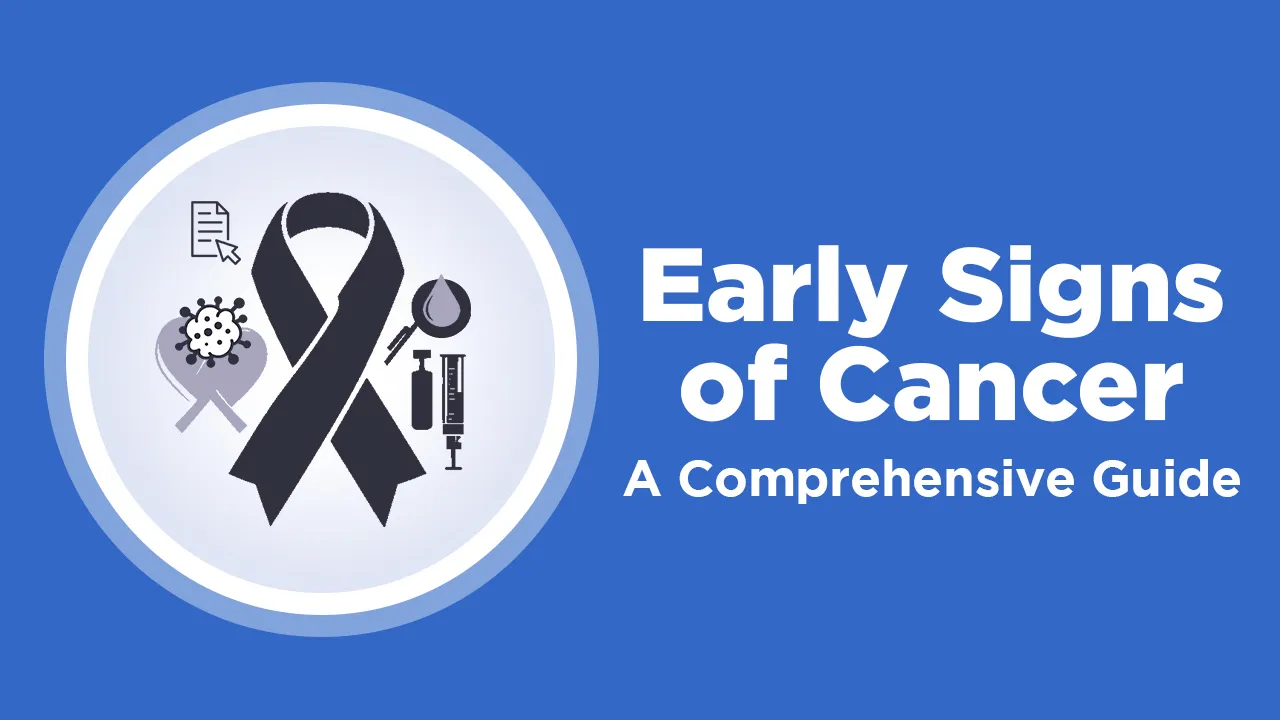
listen this blog
Cancer is a disease where some cells in our body start growing in the wrong way, without any control.
The most important thing in fighting this disease is to find it early. When cancer is detected in its beginning stages, the treatment works much better and the person has a very high chance of getting well again.
That is why it is extremely important to recognize the early signs of cancer so you can see a doctor at the right time. This guide is made to help you understand these early signs easily.
Cancer is a disease where some cells in our body start growing in the wrong way, without any control.
The most important thing in fighting this disease is to find it early. When cancer is detected in its beginning stages, the treatment works much better and the person has a very high chance of getting well again.
That is why it is extremely important to recognize the early signs of cancer so you can see a doctor at the right time. This guide is made to help you understand these early signs easily.
Table of Contents
Common Early Signs of Cancer
While the symptoms of cancer can vary widely depending on the type and location of the cancer, there are several common signs that should not be ignored. These symptoms do not necessarily mean you have cancer, but they should prompt you to seek medical advice.
Unexpected Weight Loss
Unexpected Weight Loss
Unexpected weight loss is often one of the first noticeable signs of cancer, particularly the pancreas cancer, stomach cancer, esophagus cancer, or lung cancer. If you lose more than 5Kg without trying, it’s essential to consult a healthcare provider.
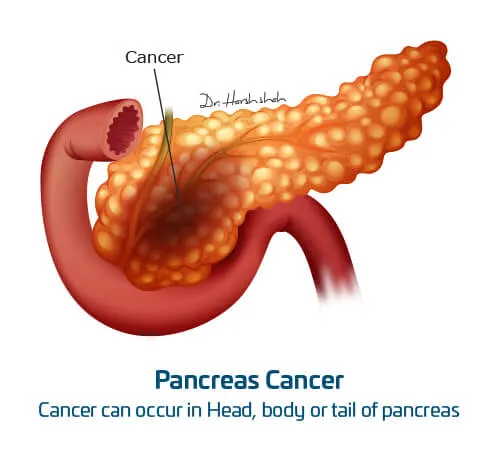
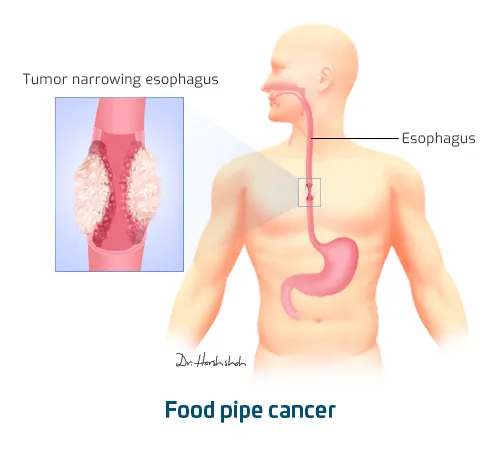
Fatigue
Fatigue
Persistent fatigue that does not improve with rest can be a significant sign of cancer. It is more common in cancers like leukemia and can also be an early symptom of some colon cancer or stomach cancer.

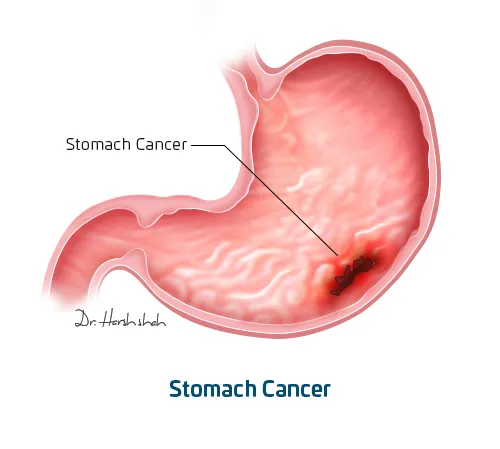
Fever
Fever
Pain
Pain
Persistent pain can be an early sign of cancer. For example, a prolonged headache may indicate a brain tumor, while back pain can be a symptom of colon cancer, rectum cancer, or ovary cancer.
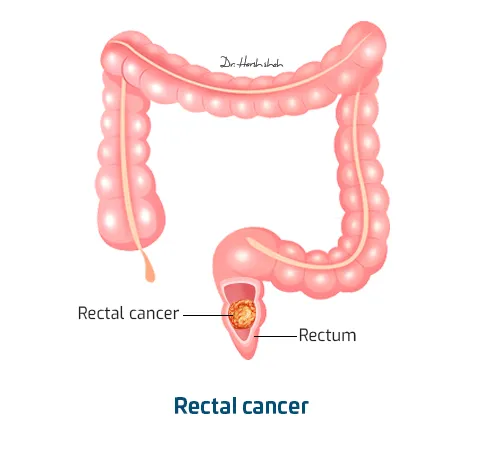
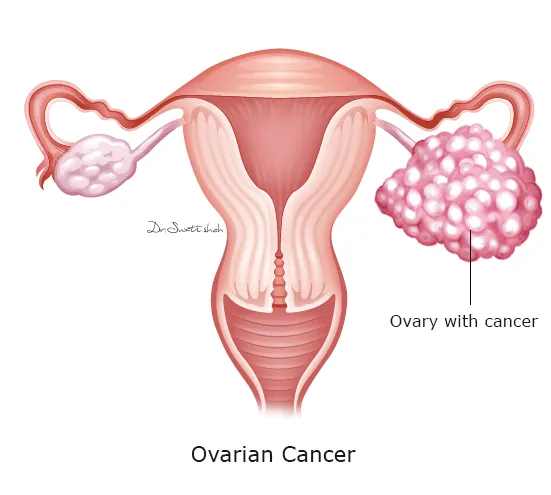
Skin Changes
Skin Changes
Changes in the skin, such as yellowing, darkening, or redness, sores that do not heal, or changes to existing moles, can be signs of skin cancer. Any new or changing skin lesions should be examined by a healthcare professional.
Changes in Bowel or Bladder Habits
Changes in Bowel or Bladder Habits
Persistent changes in bowel habits, such as diarrhea or constipation, can be signs of colon cancer. Similarly, changes in bladder function, such as pain during urination, blood in the urine, or a change in bladder control, can be early signs of bladder or prostate cancer.
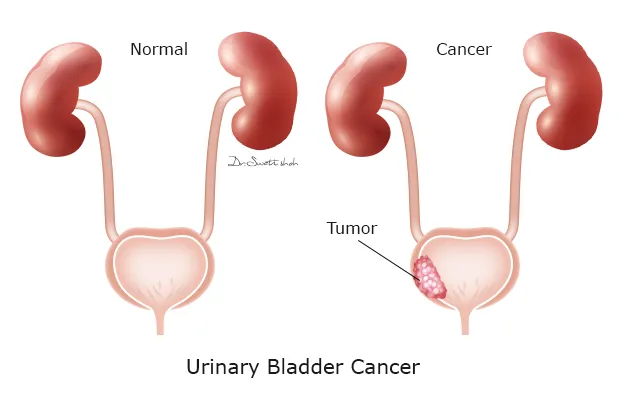
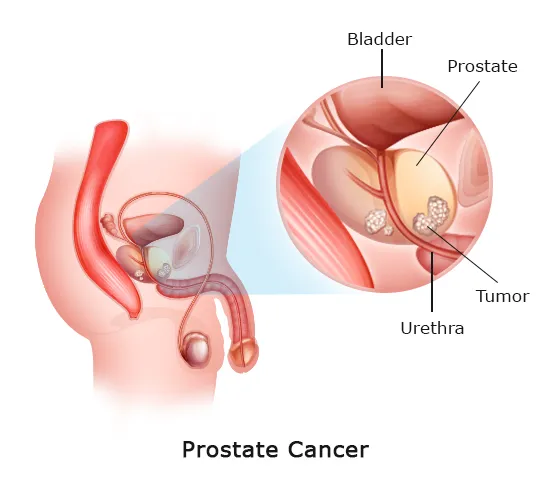
Unusual Bleeding or Discharge
Unusual Bleeding or Discharge
Unusual bleeding or discharge can occur in both early and advanced cancer stages. Coughing up blood may be a sign of lung cancer, while blood in the stool could indicate colon cancer. Abnormal vaginal bleeding may be a sign of cervical cancer or endometrial cancer.
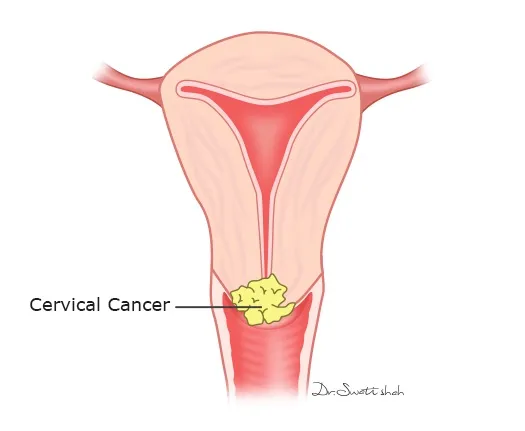
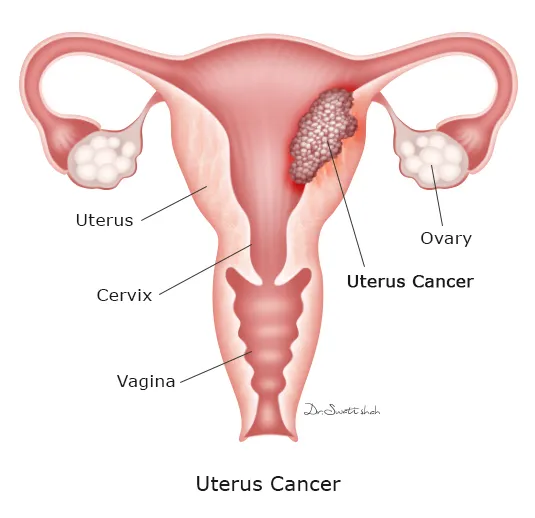
Lump or Thickening
Lump or Thickening
A lump or thickening in the breast or other parts of the body can be an early sign of cancer. Many cancers can be felt through the skin, including those in the breast, testicles, lymph nodes, and soft tissues.
Difficulty Swallowing
Difficulty Swallowing
Difficulty swallowing or a persistent feeling that food is stuck in your throat can be signs of esophageal cancer. This symptom is also associated with throat or stomach cancer.
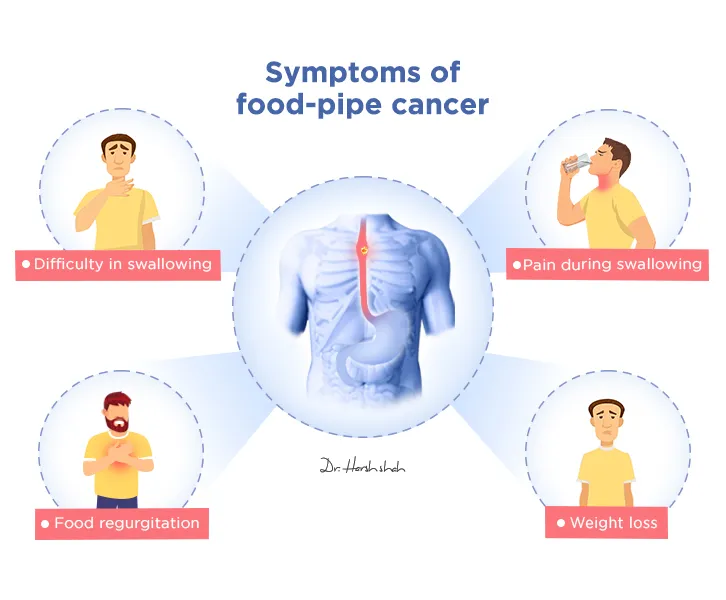
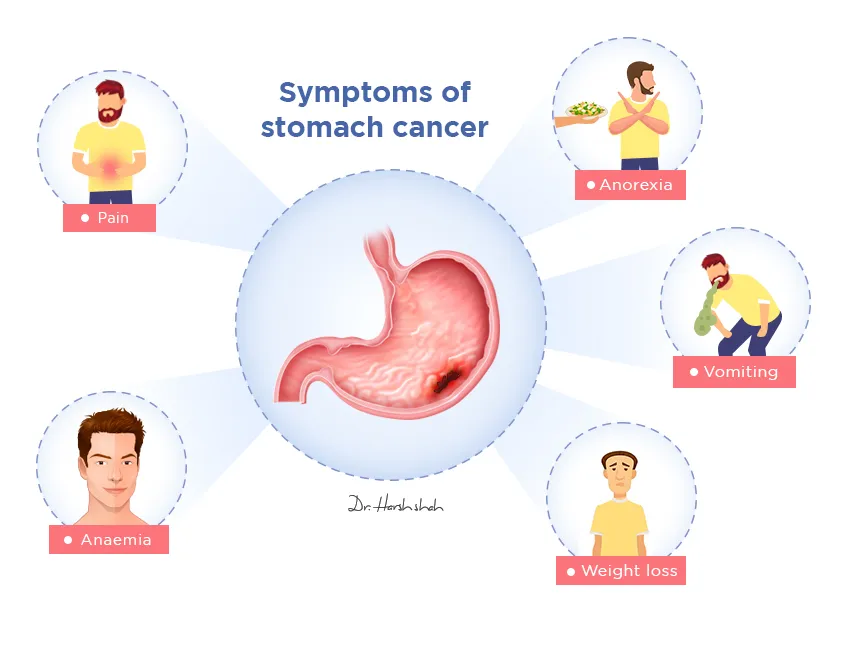
Persistent Cough or Hoarseness
Persistent Cough or Hoarseness
A persistent cough or hoarseness that does not go away can be a sign of lung cancer. Hoarseness can also be an early sign of laryngeal cancer or thyroid cancer.
When to See a Doctor?
If you experience any of these symptoms, it’s essential to see a doctor, especially if the symptoms persist for a few weeks or worsen over time. While these symptoms can be caused by other, less serious conditions, it is crucial to rule out cancer as a potential cause.
Conclusion
Awareness and early detection are vital in the fight against cancer. Recognizing the early signs of cancer and seeking prompt medical advice can lead to early diagnosis and more effective treatment. Regular screenings, self-examinations, and a healthy lifestyle are key components in reducing your risk.
Always consult with healthcare professionals if you notice any persistent or unusual symptoms. Early intervention can save lives, so stay vigilant and proactive about your health.
Last Updated on 7 months by Dr Harsh & Swati Shah
5/5 - (9 reviews)
